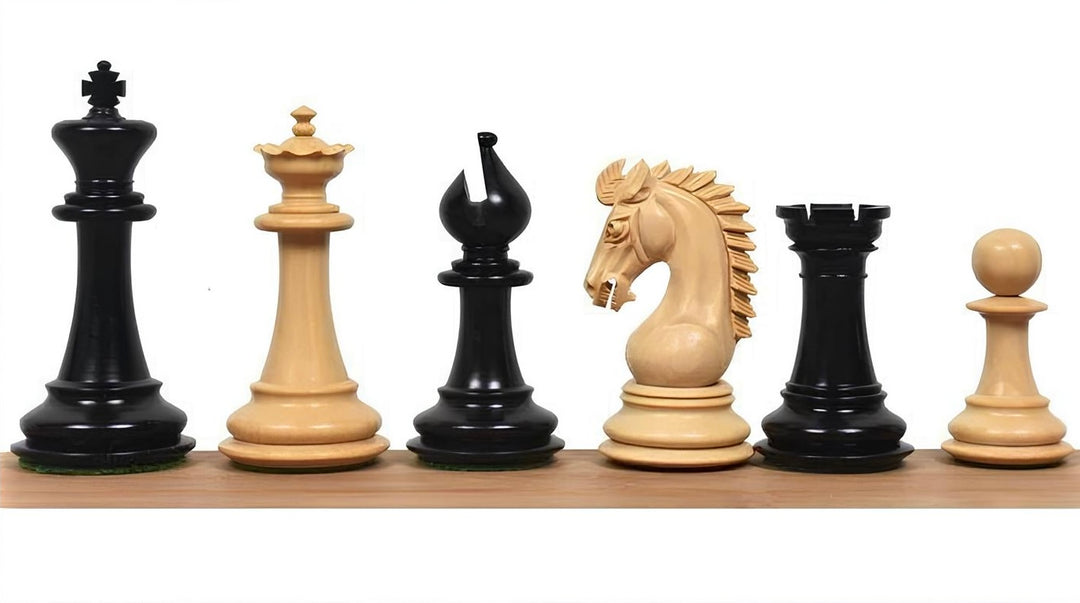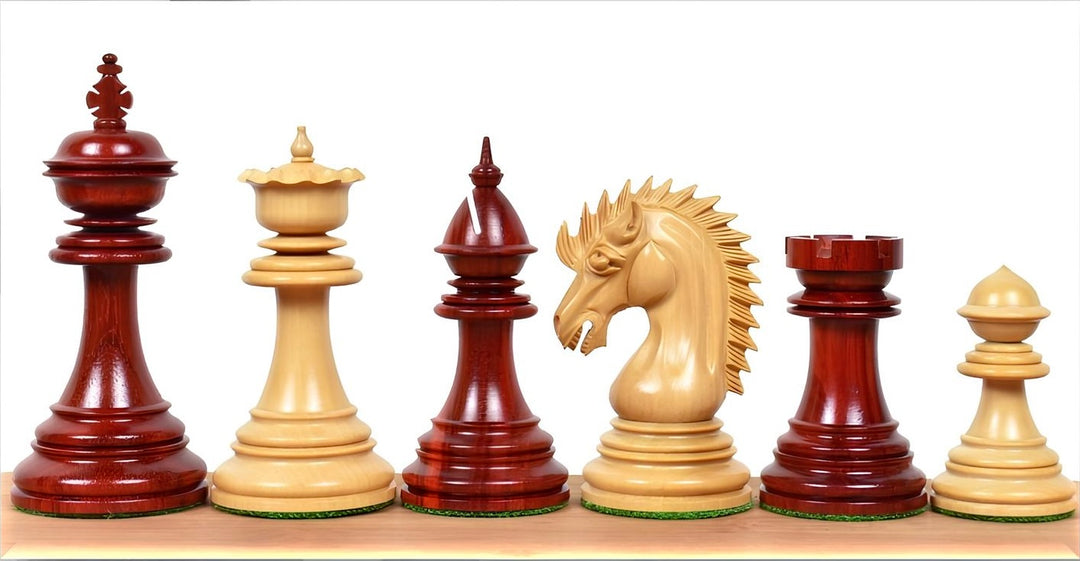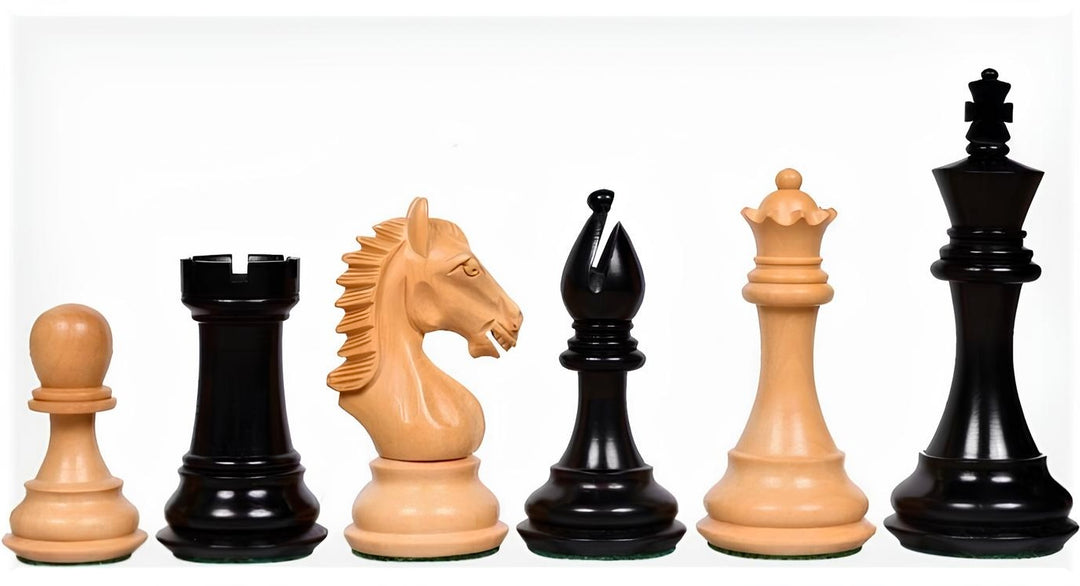Understanding the Basics of Two-Player Chess
Two-player chess, also known simply as chess, is a strategic board game played between two opponents on a checkered board with 64 squares arranged in an 8x8 grid. It has a combination of 16 pieces for each player consisting of one king, one queen, two rooks, two knights, two bishops, and eight pawns. The primary objective in chess is to checkmate the opponent's king, which means putting it under an inescapable threat of capture.
Opening Strategies
Control the Center
One of the foundational strategies in chess openings is to control the center of the board. This control allows for greater mobility of your pieces and can restrict the opponent’s piece development. Opening moves such as E4, D4, Nf3, and c4 can be effective in gaining central control early in the game.
Develop Your Pieces
Development refers to moving your pieces from their original squares to more effective positions. Early development of knights and bishops is typically preferable to moving your queen or rook too early. This helps ensure that you can respond flexibly to your opponent’s moves.
King Safety
It is crucial to safeguard your king. This is typically achieved through castling, where the king is moved two squares towards a rook on its original square, and the rook is placed on the square over which the king crossed. Castling not only protects the king but also activates your rook.
Middle Game Tactics
Pins and Forks
Learning various tactical devices such as pins and forks can significantly enhance your playing strength. A pin occurs when an attacked piece cannot move without exposing a more valuable piece behind it. Conversely, a fork involves a single piece attacking two or more pieces simultaneously, typically forcing your opponent to sacrifice material.
Value of Piece Activity and Mobility
During the middle game, the activity and effective deployment of your pieces often determine the dynamics and control of the game. Knights, bishops, and rooks become more powerful as the game unfolds, especially in open positions where they can exert influence over a greater number of squares.
Endgame Principles
King Activation
In the endgame, the king transforms from a defensive piece into a powerful offensive tool. Activating your king involves moving it towards the center of the board and using it to assist pawns in promoting or to help cut off the opponent's pieces.
Pawn Structure
The configuration of pawns is also crucial in the endgame. Creating connected passed pawns (pawns with no opposing pawns to prevent them from advancing) can be a decisive factor in winning. Managing your pawn structure from an early stage can pay dividends in the endgame.
Improving Your Chess Skills
Studying Classic Games
Studying the games of grandmasters and chess legends is a helpful way to understand strategic concepts and see examples of brilliant tactics and deep strategic plans. Websites like Chess.com and Lichess.org offer extensive databases of historical games.
Practice Regularly
Consistency is key to mastering chess. Regular practice against varied opponents, both in person and online, will challenge you to adapt strategies and improve. Online platforms also offer the opportunity to play against artificial intelligence (AI) opponents, which can adapt to different skill levels.
Use Software and Apps
Chess software and mobile apps can aid in improving your skills. These tools often include tutorials, practice puzzles, and games, as well as the ability to analyze your games to understand where improvements can be made.
Conclusion
Mastering two-player chess is a journey of continuous learning and practice. By understanding the fundamental strategies, applying tactical skills during the gameplay, and leveraging learning resources effectively, players of all levels can enhance their proficiency and enjoyment of the game.
Explore our large collection of luxurious chess sets!


















































Leave a comment